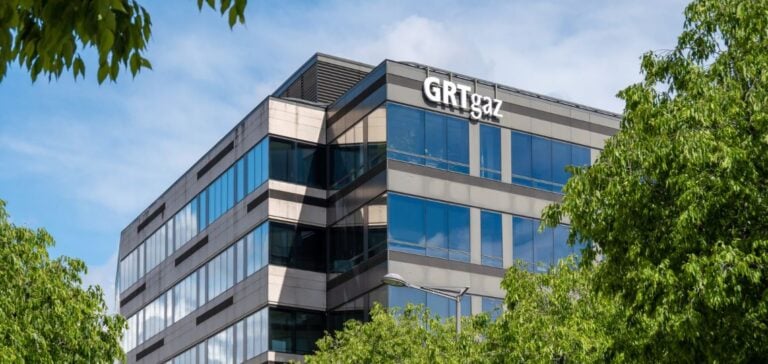GRTgaz initiates an innovative CO2 network project in France. The company is starting its ambitious project by gathering the interest of manufacturers, in order to assess their needs in terms of CO2 capture and recovery. A crucial first phase in designing the right infrastructure. The call reflects the desire to build a CO2 transport network open to all players in the sector, thus becoming a central tool in the ecological transition of French industry.
Industrial Needs and Decarbonization
French industry is expressing a strong interest in CO2 capture solutions, which are essential to meeting emission reduction targets. Various sectors, such as chemicals, cement and fertilizers, are committed to this decarbonization process, driven by environmental and regulatory imperatives. By launching this project, GRTgaz is positioning itself as a key facilitator of this transformation.
The GOCO2 Collective Project
The GOCO2 collective decarbonization project, involving major players such as TotalEnergies and Lafarge, illustrates the scale and scope of GRTgaz’s initiative. With the aim of transporting and recovering up to 4 million tonnes of CO2 per year by 2050, this project is a concrete and ambitious response to current climate challenges, promising a significant reduction in industrial emissions in the Greater West of France.
Government support and prospects
The government, via the France 2030 plan and Ademe, is actively supporting the Carbon Capture, Utilization and Sequestration (CCUS) strategy. GRTgaz’s planned infrastructure is a step towards the creation of an integrated CO2 capture, utilization and storage ecosystem. It opens the way to innovations such as the transformation of CO2 into new energy resources or materials.
GRTgaz’s initiative marks a decisive turning point in France’s approach to managing CO2 emissions, by proposing an innovative transmission infrastructure that meets the needs of the industry while being part of a sustainable development perspective.






















